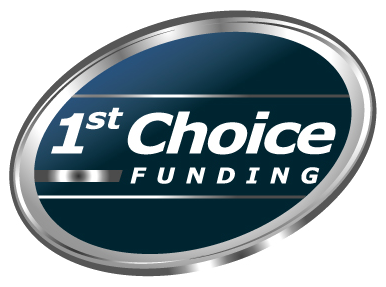Equipment Loans
As a business, loans do not go towards purchasing real estate and company assets alone – they may also go towards purchasing and leasing equipment. An equipment loan is any financing used to loan or lease hard assets, with the intention being that these hard assets will then be used to generate income for your business. As these loans are made against the value of equipment, they move relatively fast, compared to other loans, and often very little or no collateral at all is required, especially for no resource equipment loans.
With equipment loans, the expectation is that the hard assets acquired are capitalized items vital to your business which will be in use for 5-10 years or longer. These relatively safe, fast-moving loans tend to use equipment as their only collateral, meaning that only the equipment can be seized during failure to pay. This facilitates your income-generating model, and allows you to begin gathering equity quickly through purchasing equipment.
Equipment Leasing
Today, technological change is only accelerating, and with new technology coming onto the market in a matter of a few short years. To stay on top of the latest efficiencies and professional practices, many companies must plan for replacement well before their current equipment’s end of life. Equipment leasing, one solution to this ever-changing technological conundrum, gives you the benefit of retaining equipment, without leaving you burdened with broken or out of date technology. Equipment leasing is perfect for businesses with several years of operations on record that want to obtain cutting edge resources while maintaining liquidity. Whether you’re choosing to apply for True Leases or Fair Market Value Leases, Early Buy-Out Leases, Terminal Rental Adjustment Clause Leases, or Rebate Leases, almost all of these funding options require very little down payment, and employ no recourse, with only the equipment as collateral. This means, upon applying, that is a relatively safe venture, without leaving you with obsolete equipment over the long-term.
Equipment Sale Leaseback
In the case you already have valuable equipment currently in use but require immediate access funds in order to expand operations or to replace aging tools, equipment sale leaseback could be the perfect option for your business. With this method, which is most applicable to businesses with heavy machinery, vehicles, high-value equipment, or manufacturing tools, you’ll sell the equipment currently in use, then immediately lease the same equipment back from the new owner. This gives your company greater liquidity, and allows you to expand and finance new projects while running the same equipment you use every day, and, because sale leaseback offers typically provide lower interest rates for equipment leasing than those available on the market.
Equipment Refinancing
Equipment refinancing is the process by which you, as the equipment holder, can re-negotiate for better terms and rates, or extend payment timelines. The exact details of the refining process depend on the value of the equipment at the time of refinancing, and serves to improve your cash flow while still retaining ownership of your equipment. Because you retain your current equipment but negotiate for better terms, refinancing is a great option for businesses with long lasting, high asset-value equipment, but who have increased their credit worthiness since funding their initial equipment loan.
Hard Money Equipment Loans
Hard money equipment loans are short-term, fast-moving loans, that help you finance projects that require funds outside the scope of your usual cash flow. These loans operate as interest only loans, but require a balloon payment at the end of the loan, which can have a term as short as a few months, or extend to a year or more. Hard money loans are paid off by one final “balloon” payment covering the total amount due.
In competitive markets which depend on speed and rapidly-changing technology, hard money equipment loans grant you a measure of flexibility. You may want to use them to support your current business, purchase the best and newest equipment, or fund expansion projects through real estate purchases or construction.
